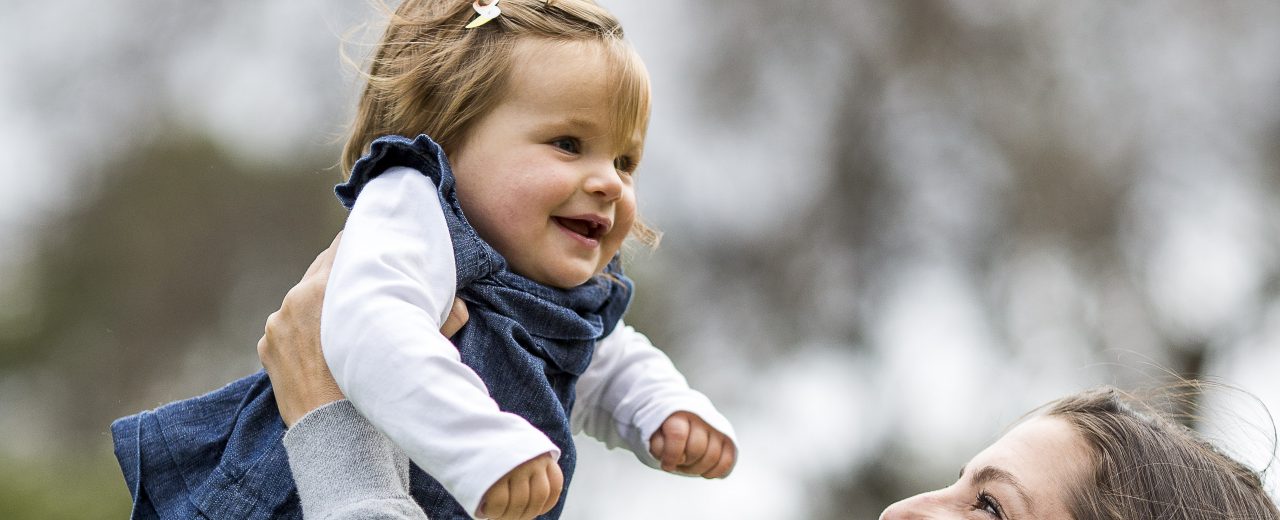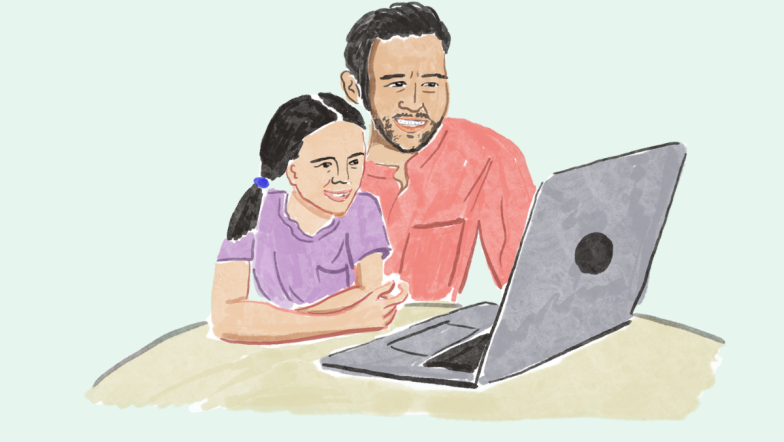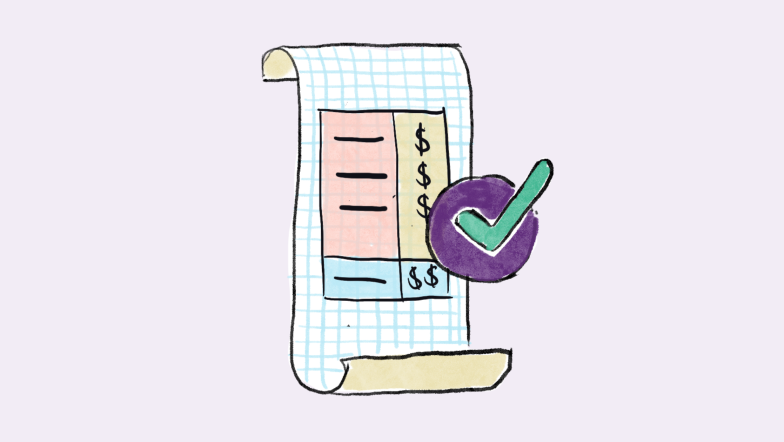How pro bono can help women facing homelessness
2 Nov 2014
The Women’s Homelessness Prevention Project is Justice Connect Homeless Law’s new initiative. It aims to keep women and children in housing through a combination of legal representation and social work support. The Lord Mayor’s Charitable Foundation provides funding for the project. It further relies on the support of partner law firm Herbert Smith Freehills and the City of Melbourne.
The weekly outreach clinic is hosted at a library that is comfortable and accessible for women and their children. A children’s librarian can care for children while their mothers speak with a lawyer or social worker.
Women facing homelessness receive ongoing legal help from pro bono lawyers about their tenancy issues. These can range from eviction notices for falling behind in rent, to alleged breaches of tenancy obligations. Lawyers provide legal support in the form of advice, negotiations with landlords and representation at VCAT. At the same time, a social worker provides intensive support for up to three months. The main goal is to transition women towards long-term support services, such as health services, financial counselling, family violence counselling, housing support, education and employment).
Give women access to legal help when they need it
The Women’s Homelessness Prevention Project provides legal services which focus on preventing homelessness. It addresses both the legal and non-legal issues clients face. This is a direct response to evidence suggesting that homelessness is often not an independent issue. Rather, it is often interlinked with other forms of disadvantage. Disadvantage may include financial stress, mental illness and family violence. All these factors increase women’s vulnerability to various legal issues.1
Since the first WHPP clinic in April 2014, 47 women and 69 children in their care have received legal representation and social work support. Of these 47 women, 89% reported a history of family violence with 56% experiencing it within the past 5 years.
Within the first six months of operation, figures showed that 83% of WHPP clients had been able to maintain safe and secure housing due to WHPP legal help. Only 5 WHPP clients were unable to maintain their tenancies during this period. Yet, in 4 out of 5 of those cases, WHPP was able to obtain extra time, thus minimizing the crisis of eviction.
Legal intervention can stop women being evicted from houses
The Women’s Homelessness Prevention Project operates within the Victorian context. Australian Bureau of Statistics figures show approximately 22,773 people experiencing homelessness in the region. Almost half of Victorians experiencing homelessness are women and one-sixth are children under the age of 12. Family violence is the most common cause of homelessness in Victoria. There are 34,618 people on the waiting list for public housing in the state. However, only 0.04-2% of all private rental properties in and around metropolitan Melbourne are affordable for single parents with low incomes, according to an Anglicare Australia report on rental affordability. It is in this context that the WHPP aims to prevent the eviction of women and children into homelessness.
Besides providing services to individual clients, the WHPP engages in statistical analysis. The data and insights collected focus on the factors pushing women into homelessness. The WHPP will further present recommendations for systemic change, informed by direct casework.
WHPP’s contributions have already received a positive response from the community. The media has given extensive coverage of the legal work provided by the project. Furthermore, it was selected as a finalist for the 2014 Victorian Health Promotion Foundation Awards for its contribution to improving mental wellbeing. Supervising partner at Herbert Smith Freehills, Michael Pryse, was awarded the 2014 Keith Steele Pro Bono Leadership Medal in recognition of his outstanding contribution to pro bono through the WHPP.
The WHPP looks forward to continuing its work in preventing homelessness for women and children. To contact Justice Connect Homeless Law call 1800 606 313.
A version of this article first appeared in the Law Institute Journal, March edition.


